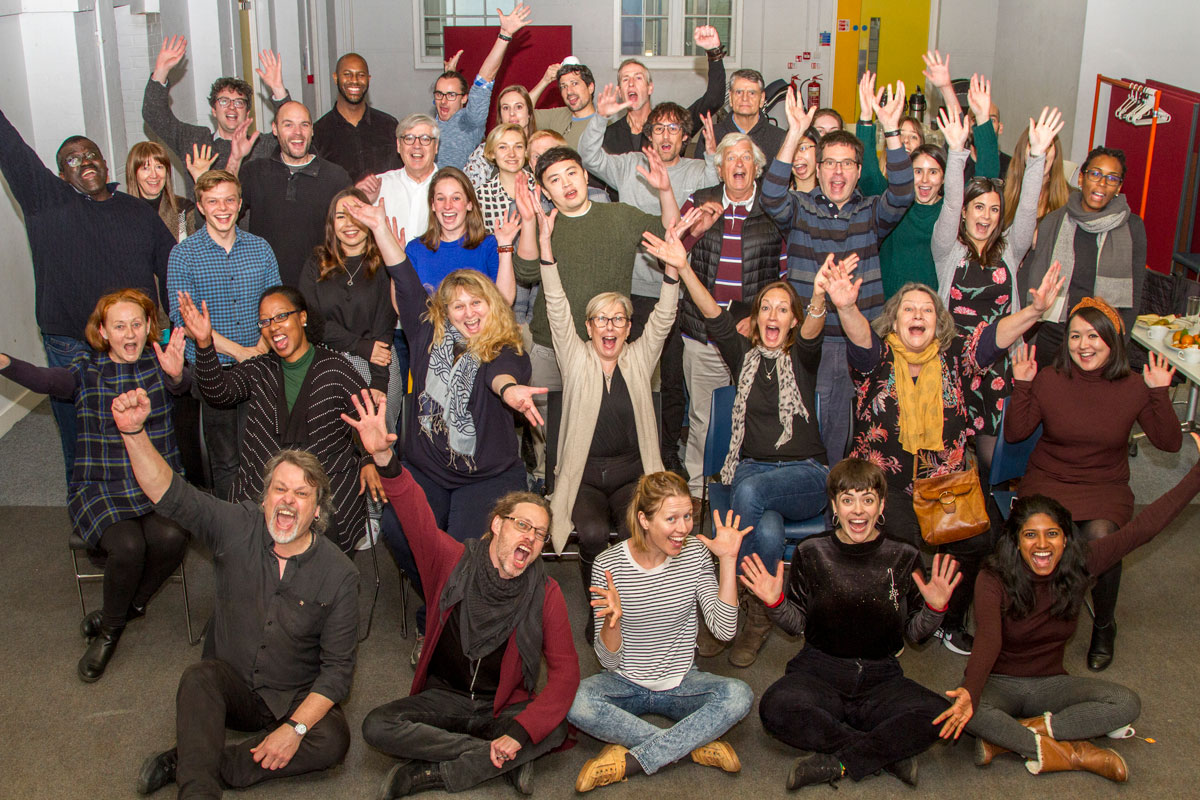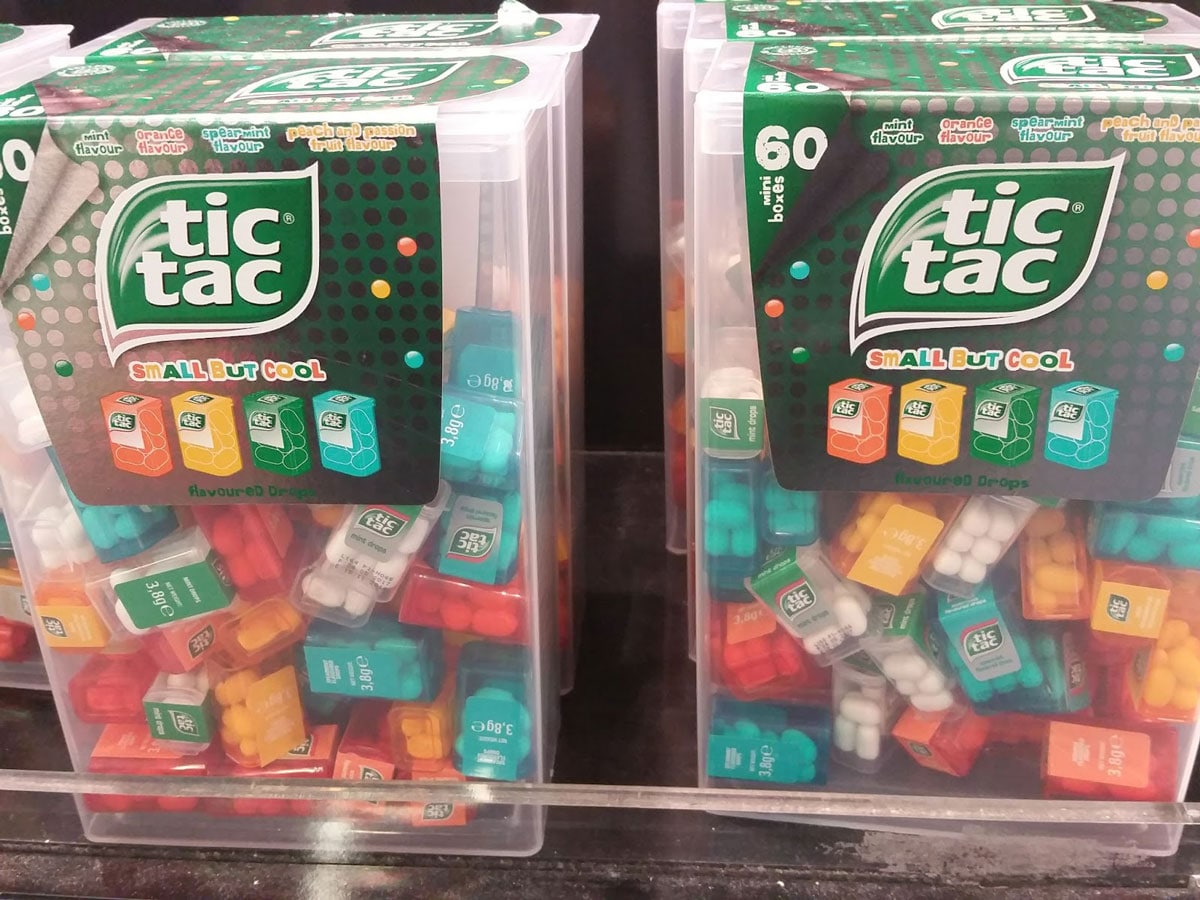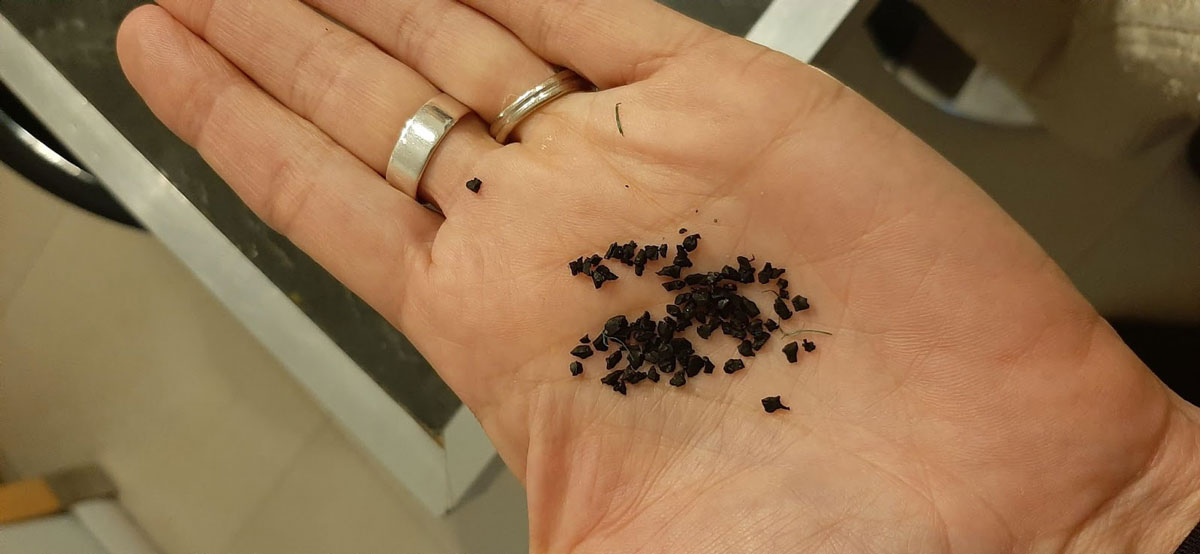Please introduce yourself(-ves) and your organisation?
We are six in the Environmental Investigation Agency Ocean Team!
◾ Jennifer Lonsdale , EIA Founder and Senior Ocean Campaigner [Co-founded and has worked at EIA since 1984, UK based],
◾ Clare Perry, Ocean & Climate Campaign Leader [Worked at EIA for 20 years, Spain based],
◾ Chris Dixon, Deputy Ocean Campaign Lead [Worked at EIA for 2 years, UK based],
◾ Tim Grabiel, Senior Lawyer [Worked at EIA for 10 years, France based],
◾ Tom Gammage, Ocean Campaigner [Worked at EIA for 1.5 years, UK based]
◾ and Lauren Weir, Ocean Campaigner [Worked at EIA for 7 months, UK based]
Our Ocean work focuses on three threats to the marine environment and biodiversity: plastic pollution, fishing gear, and other threats to marine animals, in particular the commercial exploitation of cetaceans (whales, dolphins and porpoises).
Specifically when it comes to plastic pollution we work on the issue at the UK, regional (EU) and international level, pushing governments and corporates to catalyse a shift away from our single-use society, phasing out all but the most essential plastics, and campaigning to secure a global treaty on plastic.
Why is plastic pollution an important issue for your organisation? What’s the story?
EIA has never shied away from investigating and campaigning on difficult environmental issues. It was founded in 1984, exposing the Faroese pilot whale hunt as its first campaign. It quickly evolved into an organisation investigating and campaigning against a wide range of environmental crime and abuse. In the early 1990’s this included successfully persuading the International Whaling Commission (IWC) to study environmental threats to whale populations - like the then recently discovered ‘ozone hole’, climate change, pollution and overfishing.
In 2012 with plastic pollution identified as an increasing threat to cetaceans and the marine environment, EIA committed to working to tackle this threat.
We started researching plastic and other marine debris impacts on cetaceans in 2012, producing a scientific paper for the 64th meeting of the Scientific Committee of the International Whaling Commission (IWC). The paper was eventually published in the Marine Pollution Bulletin and helped to initiate a series of marine debris workshops by the IWC. We also started campaigning on EU policy, including the EU Plastic Bags Directive, which was adopted in 2015. Following that the plastic campaign really gained traction when we joined a UK microbeads coalition with Greenpeace, Fauna & Flora International and the Marine Conservation Society, resulting in a UK ban on plastic microbeads in rinse off cosmetic products starting in 2018.
Plastics is a hugely urgent, pervasive and complex environmental problem – with some powerful actors involved. It subsequently became an area of focus of our ocean work and one we are very committed to helping resolve.
Tell us more about your ongoing campaign(-s)/activity(-ies)
We have quite a few current workstreams, including: policy development for plastic reduction, pellets, fishing gear, mapping the plastic footprint of grocery retailers in the UK and campaigning for plastic reduction and reuse, agriplastics, plastic waste trade (especially at the EU and UK level), and campaigning for a global plastics treaty.
Some recent coverage of our advocacy work with regards to a global plastics treaty can be found in this National Geographic article and this LA Times Op-Ed.
When did your organisation become a core member of BFFP? What does it mean for your organisation to be part of the BFFP movement?
EIA joined Break Free From Plastic very early on and was one of its founding members. Sarah Baulch, previously EIA Oceans, attended the first meeting of the plastic alignment project in Manila in 2016.
The outputs, ambition and impact of the Break Free From Plastic members both individually and collectively is astounding, and being part of the movement has helped expand our reach. Skill, knowledge and data sharing is ultimately what will make this campaign area a success and we are all so happy to be involved. Particularly on our global plastics campaign we really benefit from the national experience from the different members around the globe and exchanging ideas on successful strategies and interventions in policy spaces.
What is the most ridiculous plastic product or packaging that you have seen?
Anything non-essential. But some specific examples (thanks to Clare!) include
What do you find shocking in the plastic waste landscape that you think everybody should know about?
One that everyone is probably fully aware of, is the finiteness of plastic recyclability. So many commitments and targets are principally focused on a false solution - the fact that plastic can only be recycled a few times as the waste stream quickly becomes contaminated with unwanted additives and still requires virgin feedstock to maintain polymeric integrity. And that isn’t even accounting for plastic that is designed in such a way that it is non-recyclable!
And European and UK waste colonialism (in the form of irresponsible and harmful plastic waste exports) whilst touting themselves as environmental leaders.
Thank you to Christina Dixon of the Environmental Investigation Agency for participating in this interview.






